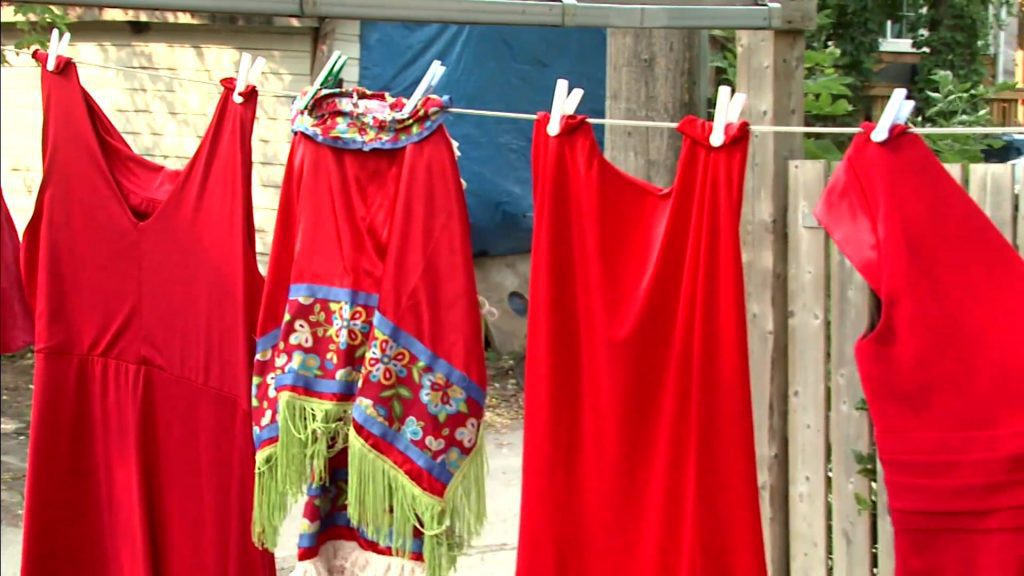
A 13-year-old Indigenous girl from northwestern Ontario repeatedly went missing and was at risk of human trafficking while placed in a foster home hundreds of kilometres from her home, according to a new report by the Ontario ombudsman.
The child, who is being called Misty, was supposed to be receiving “supervised services” from a foster care agency known as Johnson Children’s Services (JCS) in southwestern Ontario, but kept going missing during her 47 days with the for-profit company in 2020.
Anishinaabe Abinooji Family Services (AAFS) placed her with the company, according to Ombudsman Paul Dubé, because it was unable to find resources near her home community that met her complex needs.
“It is a sad and longstanding reality that northern Ontario lacks sufficient resources to offer the treatment and care required to address the complex challenges faced by Indigenous children like Misty,” Ombudsman Dubé said in a news release Thursday.
“It is particularly pressing that agencies in Southern Ontario such as Johnson Children’s Services Inc. educate themselves and their staff on the learnings from the Truth and Reconciliation Commission and the National Inquiry into Missing and Murdered Indigenous Women and Girls, and consider the risk factors unique to Indigenous children in their decision-making around their care.”
Dubé said Misty went missing seven times while living under the care of JCS in an undisclosed city in southwestern Ontario, including disappearing for 19 days.
There is evidence the child was physically and sexually assaulted. She also suffered a drug overdose.
Dubé found Misty kept going missing despite JSC being paid to have a worker with her at all times.
“Johnson also overlooked the requirements of its protocols related to missing children, repeatedly assured police there were no concerns regarding her safety, and delayed notifying police for more than four hours after Misty disappeared for what turned out to be 19 days. It also demonstrated significant gaps in its documentation, record-keeping and training practices,” Dubé said in the release.
The Ombudsman also found AAFS, the Indigenous agency, shared some responsibility.
“During her 19-day disappearance, AAFS did not consider using a child welfare warrant, which gives police or child welfare workers legal authorization to bring a child against their will to a place of safety,” said Dubé.
“It failed to scrutinize the conditions placed on Johnson’s licence, and monitor the quality of care it provided. AAFS also failed to notify the Southwestern CAS (children’s aid society) that Misty was in its catchment area or enter into a courtesy supervision agreement with it. The Southwestern CAS didn’t know about Misty’s presence until it was contacted by police after one of her disappearances.”
JSC has a checkered “history of failing to comply with provincial regulations,” Dubé added.
In 2019, the Ontario Child Advocate released its findings of an investigation into JSC after complaints were received about a series of foster homes in Thunder Bay.
Dubé made 58 recommendations to the three agencies – 31 directed at Johnson, 23 to AAFS and four to southwestern CAS.
He suggested JSC give all of its foster parents and staff Indigenous cultural training and says AAFS needs to improve its record keeping. APTN News reached out to the agencies for comment.
Dubé said all three organizations accepted his recommendations.
Sean Spencer, executive director of AAFS declined an invitation for an interview, but sent a statement after this story was originally published.
“We are committed to implementation and will continue to work closely with the Ombudsman’s office,” he said.
“Through engagement with our First Nations and the Ministry of Children, Community and Social Services we will take necessary remedial actions that best serves our children, families, and communities.”
Editor’s Note: This story was updated on April 14 with a statement from the AAFS.










